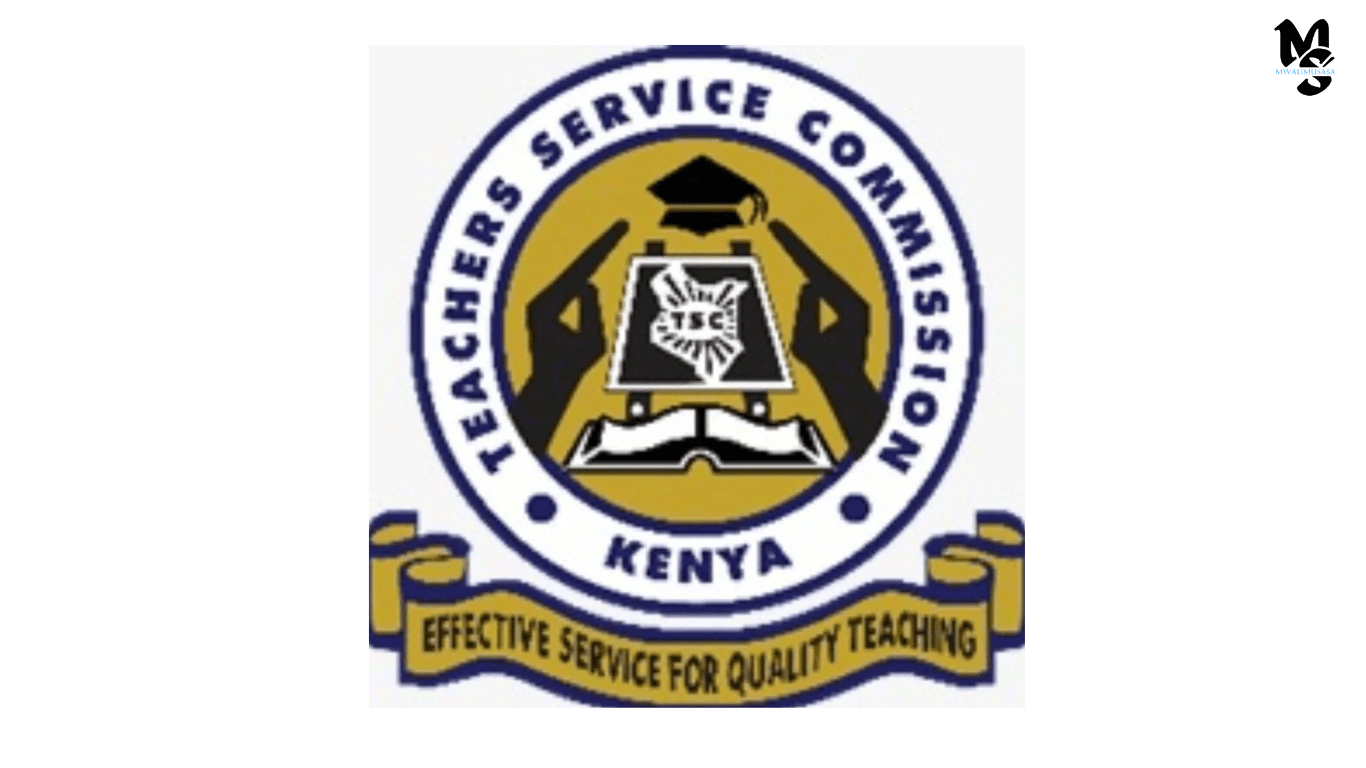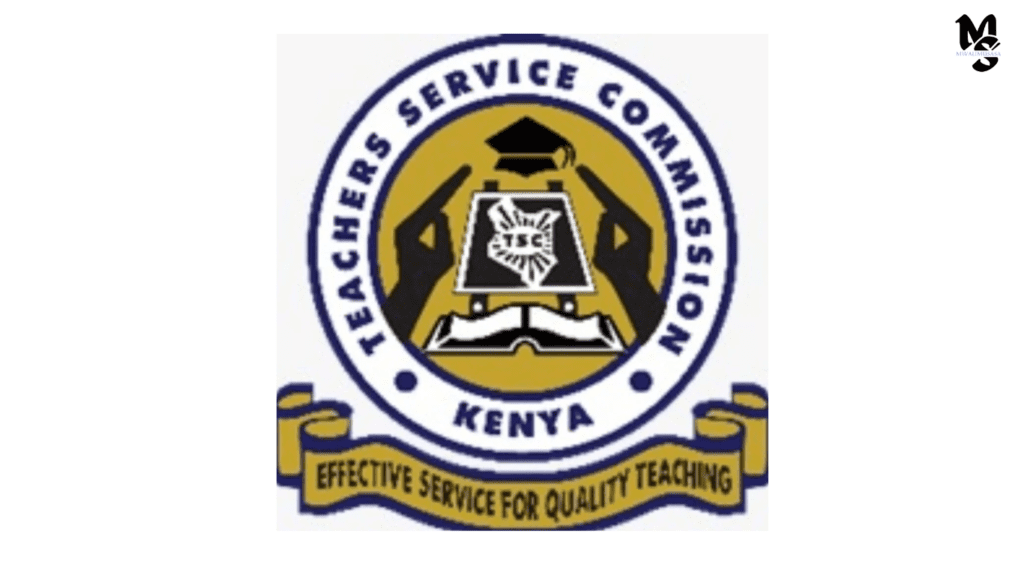Top Challenges for New Teachers and How to Overcome Them

A logo of the TSC

Introduction
Entering the teaching profession marks an exciting yet daunting chapter in one’s career. New teachers often face a myriad of challenges as they transition from the theoretical aspects of education into the practical realities of classroom management, lesson planning, and student engagement. These challenges can evoke feelings of overwhelm and uncertainty, prompting many to question their readiness for this vital role. However, it is essential to acknowledge that such feelings are a natural part of the teaching experience. The path to becoming an effective educator is rarely smooth, and encountering obstacles is commonplace.
This blog post aims to illuminate the common challenges faced by new teachers and, more importantly, provide practical solutions to help them navigate these difficulties. From classroom disruptions to striking a balance between curriculum demands and student needs, new educators must often wear many hats. It is crucial for these teachers to recognize that they are not alone in their struggles. Statistics indicate that approximately 50% of new teachers leave the profession within their first five years, largely due to the high levels of stress and lack of support. Therefore, understanding the factors contributing to these challenges is vital for both individual growth and retention in the profession.
Throughout this post, readers will find strategies aimed at empowering new teachers to not only overcome these hurdles but also thrive in their teaching careers. By equipping themselves with effective techniques, support networks, and a proactive mindset, new educators can mitigate the challenges they face. Ultimately, the goal is to reassure new teachers that success is attainable, with the right tools and strategies at their disposal. With that in mind, let’s delve deeper into these obstacles and explore constructive methods for overcoming them.
Classroom Management
Classroom management is one of the foremost challenges that new teachers often face. Managing a group of students of varying personalities and energy levels can be daunting, especially when confronting disruptive behavior or lack of engagement. Establishing a conducive learning environment requires clear strategies and consistent practices. One practical approach is to develop established routines. Routines help create a sense of stability and predictability, allowing students to understand what is expected of them during class time.
To begin, new teachers should set clear expectations for behavior and academic performance right from the start. This involves communicating rules and procedures clearly, both verbally and visually, within the classroom. For effective behavioral management, it is essential to model desired behaviors and enforce these rules consistently. Building a classroom culture centered around respect and responsibility further aids in maintaining order. Reinforcement strategies, such as positive feedback and rewards for appropriate behavior, can significantly enhance student engagement and help nurture a productive atmosphere.
Implementing a tiered discipline system may also prove effective for managing disruptive behaviors. This system can range from a gentle reminder of classroom rules, to more formal disciplinary actions when necessary, always promoting fairness and encouraging self-regulation in students. Sharing anecdotes and strategies from seasoned educators can offer valuable insight into these practices. Educators with extensive experience can provide real-life examples of how they effectively handled similar challenges, fostering a sense of community and support amongst new teachers navigating these situations.
Ultimately, maintaining an effective classroom management plan is an ongoing process. Reflection and adaptation are crucial as teachers gain experience over time. By employing these strategies, new educators can create a positive learning environment that respects both student autonomy and the need for discipline.
Lesson Planning and Time Management
New teachers often encounter significant challenges in lesson planning and time management, which can affect their instructional effectiveness. The pressure to create engaging and informative lesson plans that align with curriculum standards may lead to stress and anxiety. Many teachers grapple with time constraints, especially when they attempt to balance administrative tasks, grading, and professional development. To navigate these challenges, implementing effective techniques for lesson planning, such as backward design, can be profoundly beneficial.
Backward design encourages teachers to start with the desired outcomes for their students and then work backward to determine the necessary assessments and lesson activities. This method helps in creating a focused and coherent curriculum that directly aligns with educational goals. In addition, utilizing digital tools can streamline lesson planning. Various apps and resources are now available that assist teachers in organizing their materials, tracking student progress, and collaborating with colleagues. These tools not only save time but also enable teachers to share best practices and lesson ideas with peers.
Collaborative planning with other teachers fosters a supportive environment and helps new educators leverage the experience of their seasoned colleagues. By pooling resources and ideas, teachers can enhance the quality of their lesson plans while reducing the planning burden they face individually. Effective time management is equally crucial; prioritizing tasks and setting clear goals can help teachers streamline the planning process. Adopting techniques such as creating to-do lists, setting specific planning times, and regularly reviewing progress can ensure that new teachers maintain a manageable workload.
By implementing these strategies, new educators can overcome the challenges associated with lesson planning and time management, ultimately leading to a more effective and balanced teaching experience.
Building Rapport with Students
Establishing strong connections with students is essential for creating a positive learning environment. When students feel understood and valued, they are more likely to participate actively and show enthusiasm for their studies. To facilitate this connection, new teachers can adopt various strategies that not only incorporate students’ interests but also foster a sense of belonging in the classroom.
One effective approach is the integration of students’ interests into lesson plans. By aligning curriculum topics with students’ hobbies or current trends, teachers can capture their attention and increase engagement. For example, a science teacher could relate biology concepts to popular culture by discussing the genetics of famous athletes or celebrities, sparking curiosity and encouraging students to contribute their perspectives.
Implementing icebreakers at the beginning of the school year is another useful strategy. Icebreakers serve as a fun way for both teachers and students to learn more about each other. Activities such as “Two Truths and a Lie” or “Find Someone Who” can create an inclusive atmosphere and help students feel more comfortable sharing their thoughts. These initial interactions are crucial for laying the groundwork for trust and cooperation among classmates.
Moreover, fostering open communication is vital for building rapport. Teachers should encourage students to voice their opinions and concerns, creating a classroom environment where everyone feels safe and respected. Regular check-ins, where teachers ask for feedback about teaching methods or classroom dynamics, can reinforce an ongoing dialogue, further empowering students.
Lastly, cultivating empathy and practicing active listening greatly contributes to nurturing trust between teachers and students. When teachers demonstrate genuine concern for students’ feelings and perspectives, it promotes a supportive atmosphere. By acknowledging both academic struggles and personal challenges, new teachers can significantly impact their students’ sense of belonging and motivation to learn.
Dealing with Workload Stress
New teachers often find themselves navigating a myriad of responsibilities, which can cultivate a significant amount of stress and anxiety. The demands of lesson planning, grading, and managing classroom behavior can lead to feelings of being overwhelmed. To mitigate workload stress, it is vital for educators to establish clear boundaries between their professional and personal lives. This might involve designating specific times for work, such as planning lessons and grading assignments, and ensuring that personal time is preserved for relaxation and rejuvenation.
Seeking support from colleagues can also play a crucial role in managing stress. Forming connections with peers can lead to valuable exchanges of resources, strategies, and encouragement, helping new teachers feel less isolated in their experiences. Collaboration in lesson planning or sharing classroom management techniques can lighten individual workloads and foster a supportive teaching community.
Prioritizing self-care is another essential strategy in combating work-related stress. Educators should remain aware of their personal limits and recognize when they are approaching burnout. Effective stress-reduction techniques such as mindfulness practices can help teachers maintain mental clarity and resilience. Engaging in regular physical exercise is proven to reduce stress levels and improve overall wellness, while dedicating time to hobbies can provide necessary breaks from the rigors of teaching. It is vital to incorporate these activities into daily routines to create a healthy work-life balance.
New teachers must equip themselves with the tools to sustain both their mental health and professional effectiveness. By recognizing the importance of establishing boundaries, seeking collegial support, and committing to self-care, educators can effectively manage workload stress and enhance their overall teaching experience.
Conclusion
In the journey of becoming an educator, new teachers inevitably face a multitude of challenges that can seem daunting. These obstacles are a natural component of the teaching profession, playing a crucial role in professional growth and development. The experiences encountered during the initial phase of teaching serve not only as trials but also as valuable lessons that contribute to one’s evolution as an effective educator.
It is essential for new teachers to adopt a resilient mindset when confronting these challenges. Viewing obstacles as opportunities for learning can significantly enhance one’s teaching practice. Each setback can provide insights into classroom management strategies, instructional techniques, and emotional resilience. By embracing challenges rather than shying away from them, educators can develop a deeper understanding of their students’ needs and the dynamics of their learning environment.
Moreover, equipping oneself with effective strategies can facilitate overcoming these hurdles. Engaging with mentorship programs, seeking collaboration with experienced colleagues, and participating in professional development opportunities can build a strong support system. These resources reinforce the notion that every teacher was once a novice and emphasizes the importance of continuous learning throughout one’s career.
Ultimately, by cultivating a growth mindset and remaining dedicated to their own development, new teachers can not only surmount the challenges they face but also thrive in their roles. Each teaching experience contributes to building a more adaptive and skilled educator who is prepared to make a positive impact on the lives of their students. Thus, it is crucial for new educators to embrace the journey, understanding that every challenge can lead to greater competence and fulfillment in their teaching practice.






